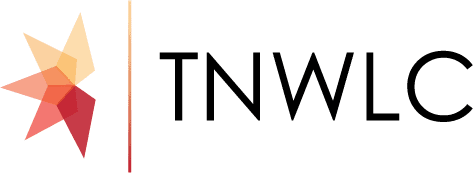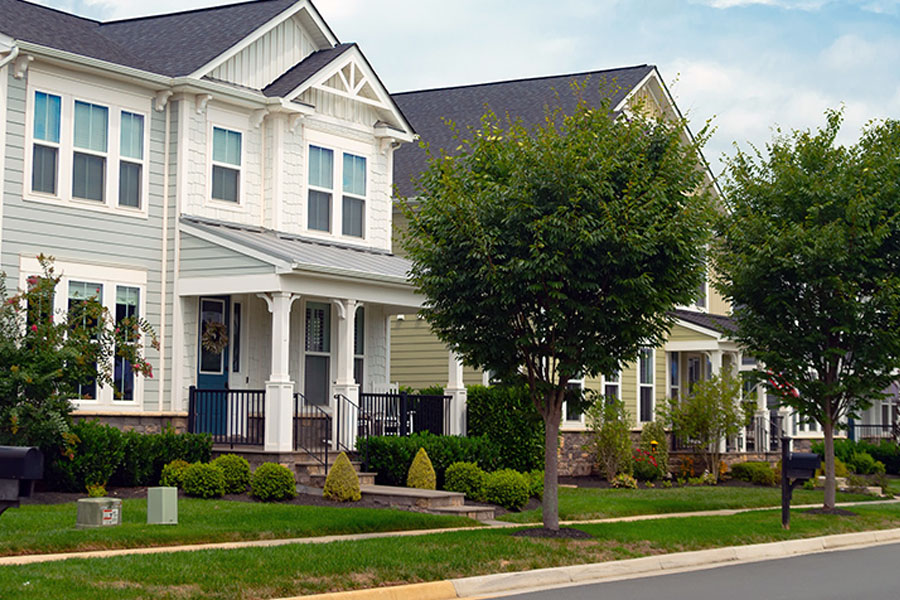What is HOA? This is an important question that potential buyers should ask before jumping into any home purchase. Not everyone is cut out for living in an HOA, but most people don’t even know the first thing about it. What does HOA stand for anyway?
What is an HOA?
In a real estate listing or transaction, buyers might come across the term “HOA.” This might lead to some confusion. What does HOA mean?
HOA is short for homeowners association. What are homeowners associations? Simply put, a homeowners association is an organization that is responsible for maintaining and managing the community.
Most HOAs, including those in Washington, DC, are structured as nonprofit corporations. This means that they must legally file as a corporate entity.
HOA Meaning and Purpose Explained
The main objective of an HOA is to maintain property values within the community. To accomplish this, the HOA must perform a wide range of duties, including but not limited to:
- Collecting dues from homeowners
- Enforcing rules and covenants
- Maintaining common areas and amenities
- Managing the finances of the association
- Communicating with members
- Ensuring legal compliance
- Offering a sense of community to residents
Many homeowners opt to reside in HOA-managed communities to safeguard their investments. With an HOA in place, curb appeal can remain high, and property values can even increase.
Who Runs the HOA?
Now that the HOA definition is clear, it is important to understand who runs the association. At the helm of every community sits a board of directors. This HOA board serves as the association’s representative. Board members are responsible for maintaining, managing, and operating the community.
The number of directors can vary depending on state laws and the association’s bylaws. Typically, an HOA would at least have three board members.
Board members are volunteer homeowners who their fellow homeowners elect. Because they are volunteers, they don’t receive compensation or perks in exchange for their service on the board. They perform their duties in the best interest of the association.
What are HOA Fees?
When homeowners join an HOA, they assume certain financial obligations. A chief obligation is to pay regular fees to the association. Known as HOA fees or dues, these fees cover the expenses related to the management, maintenance, and operation of the community.
Some everyday expenses that HOA fees cover include:
- Maintenance and repairs
- Landscaping
- Amenity upgrades
- Insurance
- Security
- Professional fees
- Reserve fund contributions
Homeowners are required to pay HOA fees regularly (monthly, quarterly, or annually). The HOA board of directors determines the amount based on the projected expenses for the year.
Occasionally, homeowners may also be required to pay special assessments. A special assessment is a one-time fee used to cover additional or unanticipated expenses. For instance, if a pipe suddenly bursts at the gym and the operating budget can’t cover the repair costs, a special assessment would be levied to pay for it.
Understanding HOA Rules
Homeowners associations enforce rules and regulations to maintain peace and order within the community. Residents must adhere to these rules and agree to do so upon purchase of their homes. For an HOA to enforce rules, these rules must be permitted by state laws and outlined within the governing documents.
Here are the most common HOA rules:
- Property Maintenance. In most HOAs, homeowners are required to maintain their homes and landscaping properly. This ensures that curb appeal is consistently high, which can have a direct impact on property values.
- Architectural Standards. Many homeowners’ associations (HOAs) have architectural standards that homeowners must follow. These standards often regulate exterior paint colors, roofing materials, fencing, and even structural changes or additions. It is common practice for HOAs to require approval before homeowners can make any architectural modifications or improvements.
- Noise Rules. To ensure peace and quality of life, many homeowners’ associations (HOAs) have noise rules and established quiet hours.
- Parking and Vehicle Rules. Homeowners associations typically have parking rules, such as requiring owners to park in their garages or prohibiting street parking. Many communities also restrict the types of vehicles owners can have. For example, an HOA may prohibit commercial vehicles or RVs from overnight parking.
- Rental Restrictions. Rentals, especially short-term rentals, can have a negative impact on a community’s reputation, character, and property values. This is why many HOAs prohibit short-term rentals or place strict limitations on them.
- Pet Policies. Some HOAs have restrictions on pets, while others have a blanket no-pets policy.
- Holiday Decorations. It is common for HOAs to restrict decorations to certain holidays or periods. Many associations also prohibit obscene, offensive, or discriminatory decorations.
Violating HOA Rules
Homeowners must adhere to the association’s rules and regulations. If they violate a rule, they can face potential consequences. One of the most common penalties is a monetary fine.
Fines are meant to deter owners from breaching the rules. First offenses tend to carry a lower fine, with the dollar amount increasing for every repeat violation.
Another punishment an HOA might dole out is to suspend the owner’s privileges temporarily. If an owner violates a rule, they may lose access to amenities until the violation is corrected. Some associations even revoke voting rights.
It is important to note that HOAs don’t have the inherent authority to levy fines or suspend privileges. Many states regulate this, and the governing documents must expressly allow the HOA to use these penalties.
Additionally, HOAs must typically provide written notice of the violation and allow the owner to appear before the board for a hearing before implementing a penalty. It ultimately depends on state laws and the HOA’s CC&Rs or bylaws.
Are You Required to Join an HOA?
There are two types of HOA membership: mandatory and voluntary.
In mandatory HOAs, membership is automatic and required. This means that once they buy a home in the community, homeowners become members of the association, whether they like it or not. It is essential to review the disclosure documents so buyers can make an informed decision.
In voluntary HOAs, membership is optional. This means homeowners have a choice about whether or not to join the association. Of course, if they opt out of membership, they don’t receive the same benefits as association members. They don’t gain access to amenities and services exclusive to members.
Laws Regulating Homeowners Associations
Homeowners associations are subject to federal, state, and local laws. Federal laws that apply to HOAs include:
- Fair Housing Act
- Americans With Disabilities Act
- Freedom to Display the American Flag Act
- Fair Debt Collection Practices Act
- Over-the-Air Reception Devices Rule
- The Servicemembers Civil Relief Act
- United States Bankruptcy Code
States have their own HOA laws. In Washington, DC, the following are notable:
- Condominium Act
- Horizontal Property Act of the District of Columbia
- Residential Real Property Seller Disclosures
- Nonprofit Corporation Act of 2010
What is HOA? Answered!
Homeowners and board members must understand the ins and outs of HOA communities. In doing so, they can make more informed decisions, protect their rights, and maintain property values.
TNWLC offers management services to homeowners associations, condominiums, and cooperatives in Washington, DC. Call us today at (202) 483-8282 or contact us online to get started!


